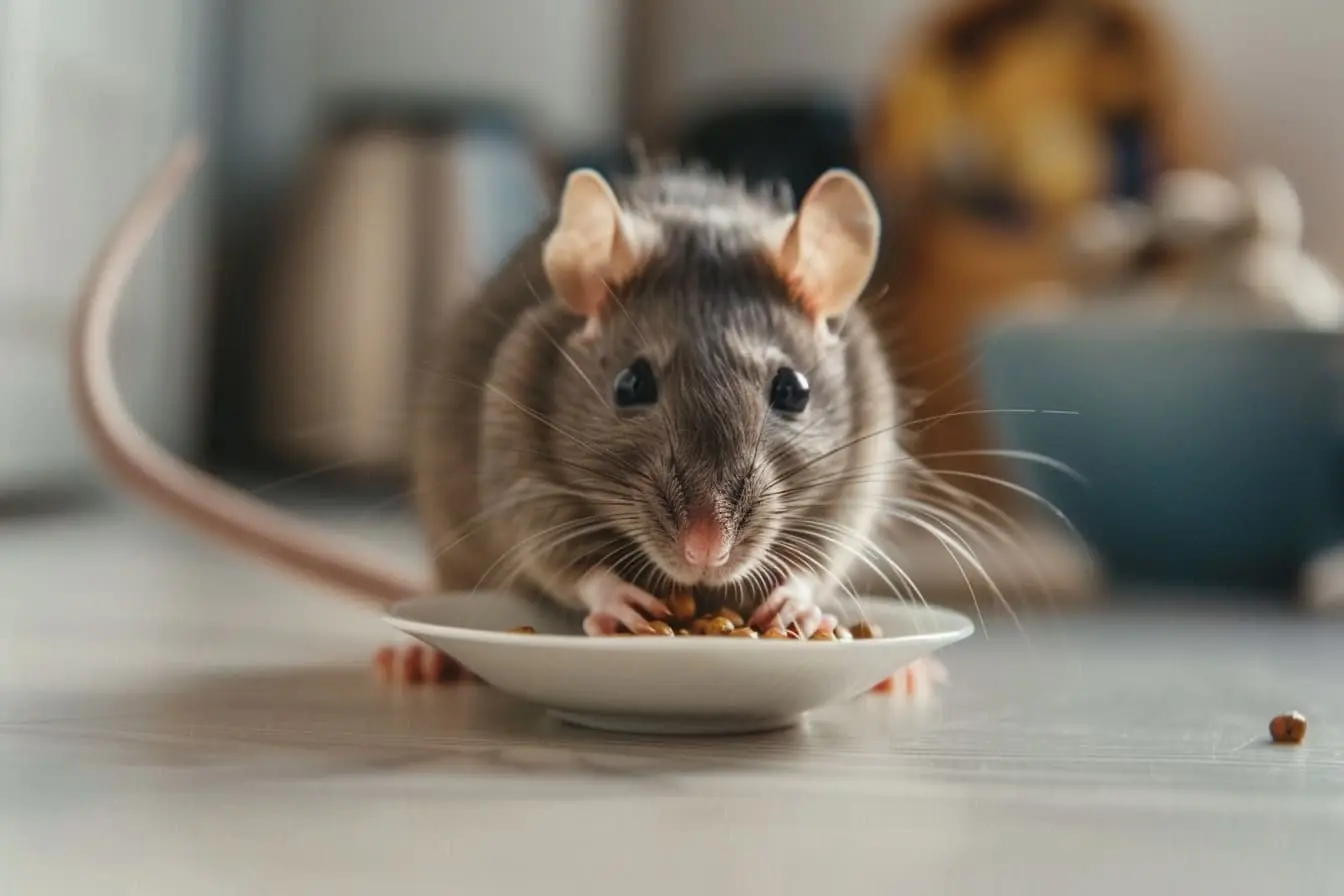
The Top 25 Hamster Care Questions Answered by UK Vets
Hamsters are one of the most popular small pets, loved for their cute appearance and curious nature. However, their care involves specific needs and concerns. Here are the top 25 questions UK vets frequently answer about hamster care, providing essential insights to ensure your furry friend leads a happy and healthy life.
Diet and Nutrition
1. What should I feed my hamster? A balanced diet consists of commercial hamster pellets, fresh vegetables, and occasional fruits. Ensure fresh water is available at all times.
2. Can hamsters eat cheese? Yes, in very small quantities. Cheese should be considered a treat and not a regular part of their diet.
3. How often should I feed my hamster? Daily, with a small amount of pellets and a variety of vegetables. Remove any uneaten fresh food after 24 hours to prevent spoilage.
Health Care
4. How often should my hamster see a vet? Annually for a check-up, or immediately if you notice any signs of illness such as lethargy, weight loss, or changes in eating habits.
5. Do hamsters need vaccinations? No, hamsters do not require vaccinations, but they should be regularly checked for health issues.
6. What are common health issues in hamsters? Wet tail, respiratory infections, and tumours are among the common health concerns. Early veterinary care is crucial.
## Housing and Environment
7. What type of cage is best for a hamster? A cage with solid flooring, adequate ventilation, and enough space for exercise and enrichment activities. Avoid wire-bottomed cages.
8. How often should I clean the cage? Spot-clean daily and do a full clean at least once a week to maintain hygiene and prevent diseases.
9. Can hamsters live together? Syrian hamsters are solitary and must live alone. Dwarf hamsters may live in pairs if introduced properly, but monitor for any signs of aggression.
Behaviour and Socialisation
10. Why is my hamster biting the cage? Cage biting can indicate boredom, stress, or the need for more exercise. Provide more enrichment activities and consider upgrading the cage size.
11. How can I tame my hamster? Start by allowing your hamster to get used to your presence, then gradually introduce your hand into the cage with treats. Be patient and gentle.
12. Do hamsters hibernate? Hamsters can enter a state of torpor (temporary hibernation) if they are too cold, but this is dangerous and should be avoided by keeping them at a consistent, comfortable temperature.
Grooming and Handling
13. How do I groom my hamster? Hamsters are generally good at grooming themselves, but long-haired varieties may need gentle brushing. Avoid bathing your hamster, as this can cause stress.
14. Is it safe to hold my hamster? Yes, but wait until they are fully awake and approach them slowly to avoid startling them. Support their body gently with both hands.
Nutritional Health Issues
15. Can hamsters become overweight? Yes. Limit treats and ensure your hamster has plenty of opportunities for exercise to prevent obesity.
General Care
16. How long do hamsters live? The average lifespan is 2-3 years, though this can vary by species and with the quality of care.
17. Can hamsters be litter trained? Hamsters can learn to use a specific area of their cage as a bathroom, but complete litter training is not always possible.
18. What should I do if my hamster escapes? Close off the area, remove any hazards, and place their cage on the floor with food inside to lure them back.
19. How can I make my hamster's cage more interesting? Provide tunnels, platforms, chew toys, and a wheel for exercise. Regularly changing the layout can also help keep them stimulated.
20. Can hamsters see in the dark? Hamsters have poor eyesight but can see better in dim light than bright light. They rely more on their sense of smell and hearing.
21. What are signs of stress in hamsters? Aggression, excessive grooming, and changes in eating or sleeping habits can indicate stress. Ensure their environment is comfortable and they have places to hide.
22. Can I take my hamster outside? It's not recommended due to the risk of escape and exposure to predators. If you do, use a secure and ventilated carrier.
23. How do I know if my hamster is happy? A happy hamster is active, curious, and shows interest in their surroundings and in interacting with you.
24. Can hamsters eat chocolate? No, chocolate is toxic to hamsters and should never be fed to them.
25. How can I tell the sex of my hamster? Adult males typically have larger testicles visible at their rear. For precise identification, consult a veterinarian.
By addressing these common questions, you can create a nurturing environment for your hamster, ensuring they remain a joyful and healthy companion.
Vets near you
Speciality vets
- Aquatics vet specialists
- Birds vet specialists
- Camelids vet specialists
- Cats vet specialists
- Cattle vet specialists
- Deer vet specialists
- Dogs vet specialists
- Equines vet specialists
- Exotic vet specialists
- Goats vet specialists
- Pigs vet specialists
- Poultry vet specialists
- Sheep vet specialists
- Small Mammals vet specialists
- Wild vet specialists
Vet facilities
- Accessible by public transport
- Blood testing
- Car park nearby
- Client car park
- Dentistry
- Diagnostic imaging
- Disabled public access
- Flea and worm treatments
- Microchipping
- Mobile services
- Neutering
- Open at weekends
- Out-of-hours service
- Referral interests
- Referrals only
- Street parking outside
- Toilets available
- Vaccinations



